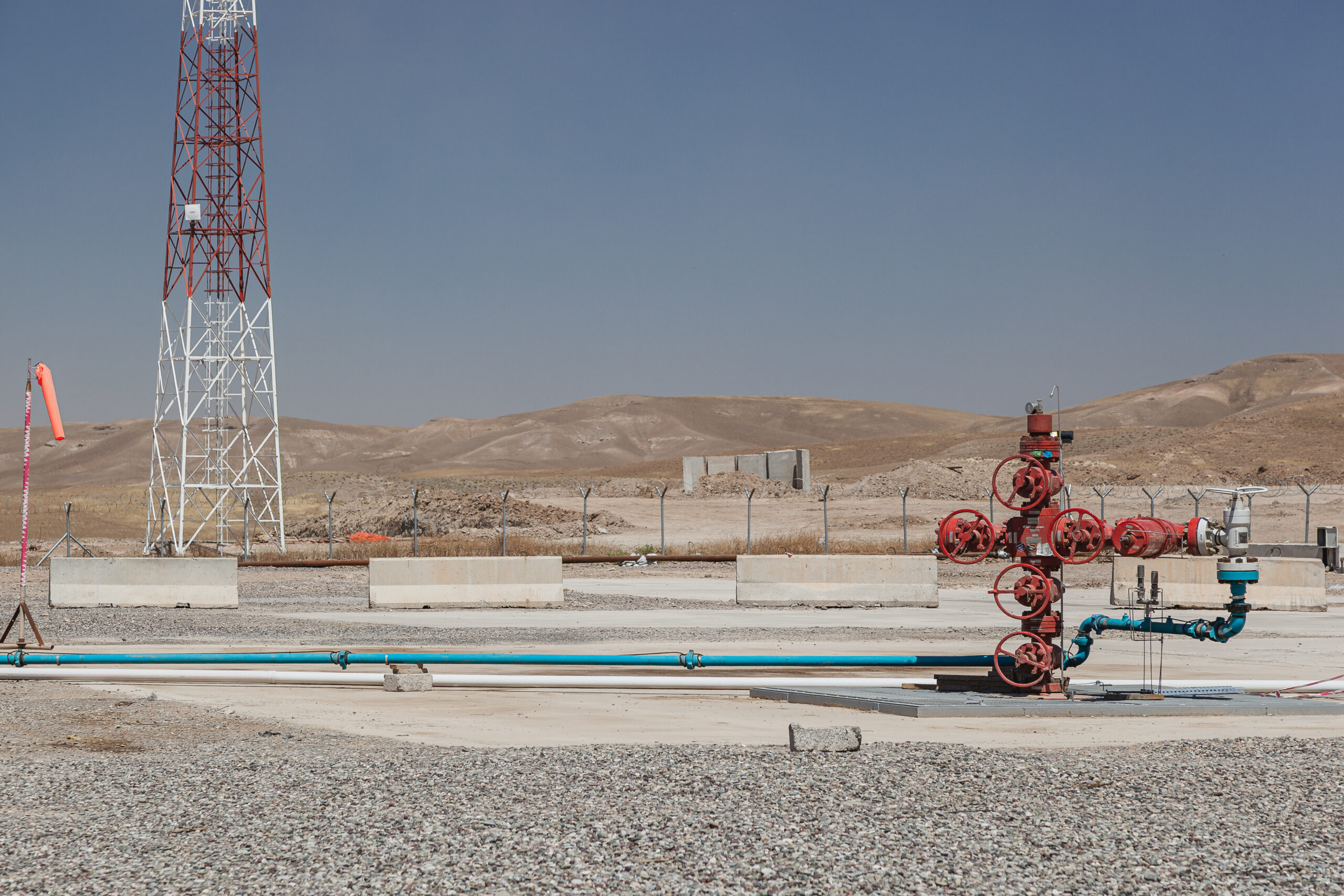BNP Paribas ends direct gas financing
The French bank said it would no longer directly finance any oil and gas projects. But critics say the policy does nothing to sever ties with the companies themselves, allowing some oil and gas financing to continue.

BNP Paribas announced that it would no longer lend to new gas projects in an effort to further align its portfolio with a net zero trajectory, but critics point to loopholes that could allow for ongoing gas financing.
On May 5, the French bank announced new restrictions as part of its energy transition ambitions, updating its oil and gas sector policy. It said it would no longer provide any project level financing for new oil or gas fields. It would also phase out financing for independent oil companies and put an end to reserve-based lending, a common source of lending for small and medium-sized drillers. In addition, the bank set decarbonisation targets for the steel, cement, and aluminium sectors.
The move positions BNP along with HSBC as the only two banks in the top 20 globally to cease financing for new oil and gas projects.
“BNP Paribas will no longer provide any financing dedicated to the development of new oil and gas fields regardless of the financing methods,” the bank stated.
In its announcement, BNP also touted its ranking as the top global issuer of green bonds, and that by the end of 2022, its low-carbon financing had outpaced that of its fossil fuel lending.
However, even as climate groups welcomed the announcement as a step forward, they criticized its inadequacy. In some ways, the policy makes official a trend that was already underway, while leaving financial relationships with oil and gas companies intact.
In 2022, despite its financing for low-carbon energy, BNP also financed $20.8 billion in deals with fossil fuel companies, the largest amount of any other European bank. That 2022 figure was also an increase from the year before.
More broadly, the new prohibition on financing for oil and gas projects ignores some rather significant caveats.
For instance, the bank has largely exited project-specific gas financing already. BNP Paribas has not directly financed a gas project since 2019, according to data from Reclaim Finance, a climate finance NGO.
But the more important relationship is with the companies themselves. BNP continues to offer financial services at the corporate level, including lending and bond underwriting. Even if BNP will no longer directly back a gas project, its support for gas companies allows for the development of new gas projects to proceed.
“BNP Paribas is aligned with the general pattern worldwide, with the vast majority of its financing to the oil and gas sector being provided through corporate financing,” Lucie Pinson, the founder and executive director of Reclaim Finance, told Gas Outlook in an email. The main impact of the project-level exclusion “is political,” she said.
Corporate-level oil, gas financing continues
One way in which companies finance their growth plans is through issuing bonds. In this area, BNP Paribas did not announce any restrictions for oil and gas companies. For example, in February, BNP Paribas, along with other French banks, including Crédit Agricole, Société Générale and Natixis, participated in a $4.5 billion bond for Saudi Aramco, the world’s largest oil and gas producer. In the same month, BNP helped BP issue a $2.5 billion bond. Those companies can use the proceeds to finance oil and gas projects.
In addition, BNP did not prohibit new LNG terminals in its policy. “The LNG boom is not something that BNP Paribas inadvertently forgot to tackle. In fact, as many other banks and insurers, the bank wants its share of the short term profits that the industry has to offer, even if this means more climate and financial risks in the long term,” Pinson said.
BNP Paribas’ new policy only rules out financing for pure oil production companies, while leaving the integrated oil majors — who have operations beyond upstream production — untouched. BNP remains the largest financier of Shell, and the second largest for TotalEnergies, both of which continue to expand oil and gas projects.
“BNP Paribas is taking a step in the right direction with regard to its project financing, but is unfortunately failing to respond to a basic and urgent request to stop all financing to oil and gas majors developing new fields,” Alexandre Poidatz, senior policy officer at Oxfam France, told Gas Outlook.
Pinson said that BNP could tighten up its standards to ensure that its corporate financing relationship with the oil and gas majors does not facilitate new gas projects. But it’s not clear that is happening in a meaningful way.
“Time will tell: several bond financing lines for TotalEnergies, Eni, Shell are maturing in the coming months. If BNP Paribas is serious about not supporting their oil and gas expansion, it will refuse to participate in these deals,” Pinson said. She added that a recent bond offering for BP was supported by several banks including Crédit Agricole, but that BNP Paribas “stayed clear.”
BNP’s fossil fuel policy “is a laggard to other French banks like Credit Mutuel or Banque Postale,” Poidatz said. “Banque Postale has already taken the commitment not to finance – directly or indirectly – companies that develop new oil and gas projects, and ask all companies to have a phase-out fossil fuels plan by 2040.”
To be sure, many international banks that have signed up for the Net-Zero Banking Alliance — those who commit to align their lending and investment portfolios with net-zero emissions by 2050 — remain far off track.
Many of these complaints were brought by activists at BNP’s Annual General Meeting in Paris on May 16, including representatives from affected communities in Argentina and the Philippines, who called on the bank’s management to more definitively rule out support for the oil and gas industry. But those requests were “swept aside by management, which merely assured that it did not finance these projects directly,” according to an account by Reclaim Finance.



